Would U.S. prosecute Šešelj over "threatening discourse"?
Vojislav Šešelj Wednesday cross-examined a U.S. sociologist testifying for the Hague prosecution.
Thursday, 13.12.2007.
20:36

Vojislav Seselj Wednesday cross-examined a U.S. sociologist testifying for the Hague prosecution. The leader of the Serb Radical Party (SRS) is standing trial at the UN war crimes court in The Hague. Charges against him include crimes against humanity and violations of the laws or customs of war. Would U.S. prosecute Seselj over "threatening discourse"? U.S. sociologist Anthony Oberschall concluded yesterday his testimony on the influence of Seselj’s nationalist propaganda on the crimes against the non-Serbs in Croatia, Bosnia and Vojvodina. According to him, in his public appearances Seselj made a number of threats and violent messages, directed mainly at Croats and Muslims. Messages like the need to "amputate Croatia" and claims that "rivers of blood will flow" in Bosnia and Croatia incited mainly volunteers recruited by the SRS to commit crimes, the witness told the judges. Substantiating Oberschall’s conclusion about the link between the public appearances of the accused and the behavior of the volunteers, the prosecution tendered into evidence several video recordings made in November 1991 before the fall of Vukovar and immediately afterwards. Seselj’s address to the volunteers in Belgrade before their departure to the frontline was shown first, followed by a recording of what they said in Vukovar. According to Oberschall, when they explained why they had come to Vukovar and what their task was, they merely repeated what Seselj was saying at the time. Seselj, granted the permission to represent himself, opened his cross-examination of the prosecution witness by challenging the credibility of the witness. The accused first said that it was "a bit odd" that Oberschall, who has a degree in physics went on to get a doctorate in sociology. Seselj asked the witness several questions about physics and concluded that his answers brought into doubt his credibility, proving that he "is no good as a physicist". The accused went on to contend that Oberschall’s analysis was incomplete because the sociologist did not read a number of Seselj’s books, primarily those in which Seselj purports to have proven that the current and past Roman popes were responsible for all the crimes in the territory of the former Yugoslavia. When he heard some of the book titles, Oberschall laughed, saying he was grateful to the prosecution for not giving him Seselj’s collected works to use in his research, because, as he said, he "never read science-fiction, and particularly not when doing an expert analysis". When the accused asked Oberschall why he did not mention hate speech in his report, the witness replied that the term is used "in an ill-defined manner" in everyday life. In his report, he preferred to use the term "threatening discourse". According to him, Seselj frequently used it in his nationalist rhetoric. The accused went on to imply that neither the "threatening discourse" nor other aspects of what he was saying during the wars in Croatia and Bosnia – such as the "glorification of accepted group" or "calling for violence and violent re-drawing of the borders" – would be prosecutable offences under the law in the United States. Oberschall, a U.S. citizen, clarified that it would "depend on the context in which these inflammatory speeches were made". In times of peace, the witness explained, the right to freedom of speech allows you to say whatever you want on TV. "But if you call for violence in times of war, when civilians are being killed, then it is a criminal offense," the U.S. professor concluded.
Would U.S. prosecute Šešelj over "threatening discourse"?
U.S. sociologist Anthony Oberschall concluded yesterday his testimony on the influence of Šešelj’s nationalist propaganda on the crimes against the non-Serbs in Croatia, Bosnia and Vojvodina.According to him, in his public appearances Šešelj made a number of threats and violent messages, directed mainly at Croats and Muslims.
Messages like the need to "amputate Croatia" and claims that "rivers of blood will flow" in Bosnia and Croatia incited mainly volunteers recruited by the SRS to commit crimes, the witness told the judges.
Substantiating Oberschall’s conclusion about the link between the public appearances of the accused and the behavior of the volunteers, the prosecution tendered into evidence several video recordings made in November 1991 before the fall of Vukovar and immediately afterwards.
Šešelj’s address to the volunteers in Belgrade before their departure to the frontline was shown first, followed by a recording of what they said in Vukovar. According to Oberschall, when they explained why they had come to Vukovar and what their task was, they merely repeated what Šešelj was saying at the time.
Šešelj, granted the permission to represent himself, opened his cross-examination of the prosecution witness by challenging the credibility of the witness.
The accused first said that it was "a bit odd" that Oberschall, who has a degree in physics went on to get a doctorate in sociology.
Šešelj asked the witness several questions about physics and concluded that his answers brought into doubt his credibility, proving that he "is no good as a physicist".
The accused went on to contend that Oberschall’s analysis was incomplete because the sociologist did not read a number of Šešelj’s books, primarily those in which Šešelj purports to have proven that the current and past Roman popes were responsible for all the crimes in the territory of the former Yugoslavia.
When he heard some of the book titles, Oberschall laughed, saying he was grateful to the prosecution for not giving him Šešelj’s collected works to use in his research, because, as he said, he "never read science-fiction, and particularly not when doing an expert analysis".
When the accused asked Oberschall why he did not mention hate speech in his report, the witness replied that the term is used "in an ill-defined manner" in everyday life. In his report, he preferred to use the term "threatening discourse".
According to him, Šešelj frequently used it in his nationalist rhetoric.
The accused went on to imply that neither the "threatening discourse" nor other aspects of what he was saying during the wars in Croatia and Bosnia – such as the "glorification of accepted group" or "calling for violence and violent re-drawing of the borders" – would be prosecutable offences under the law in the United States.
Oberschall, a U.S. citizen, clarified that it would "depend on the context in which these inflammatory speeches were made".
In times of peace, the witness explained, the right to freedom of speech allows you to say whatever you want on TV.
"But if you call for violence in times of war, when civilians are being killed, then it is a criminal offense," the U.S. professor concluded.










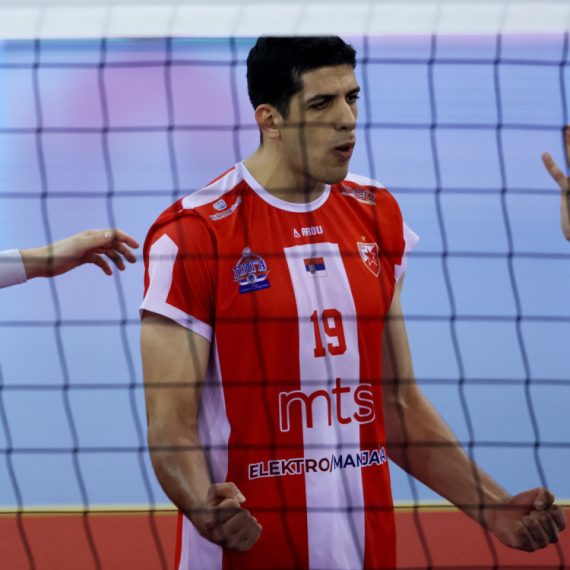
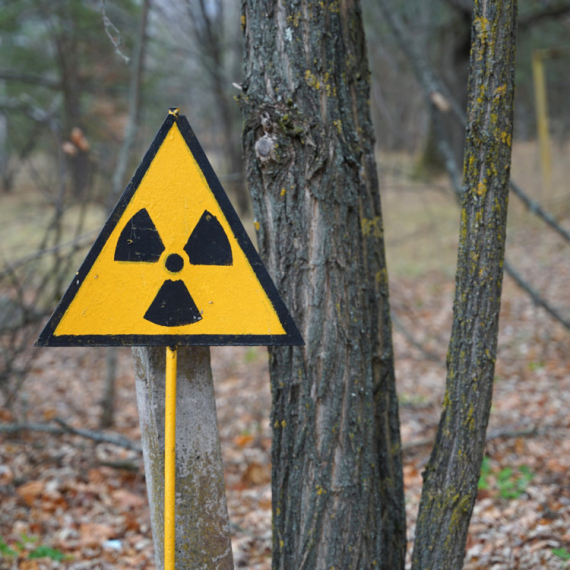



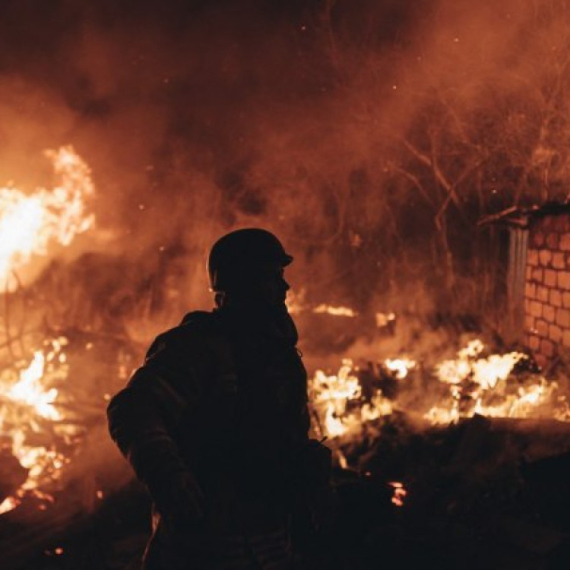
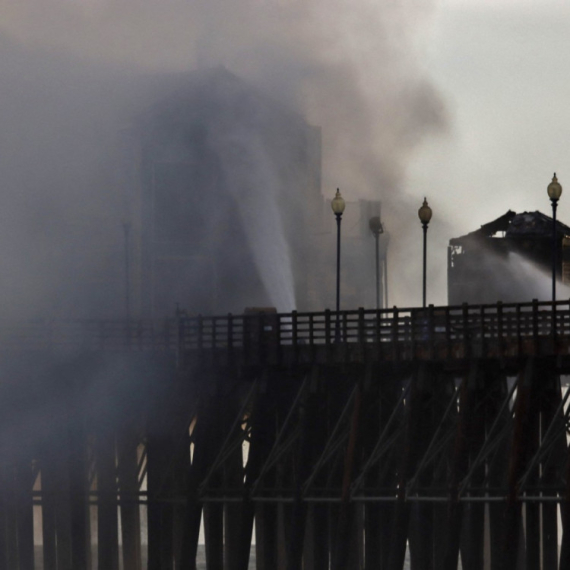
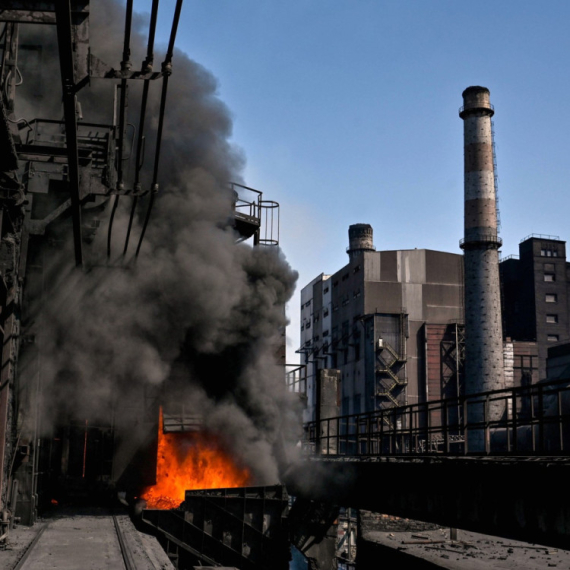
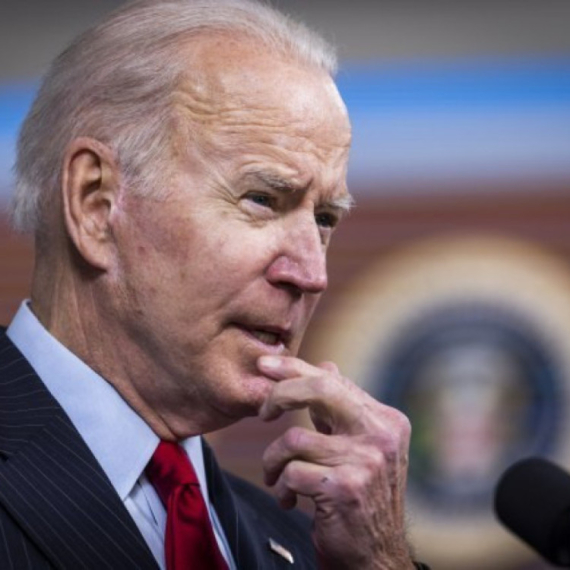
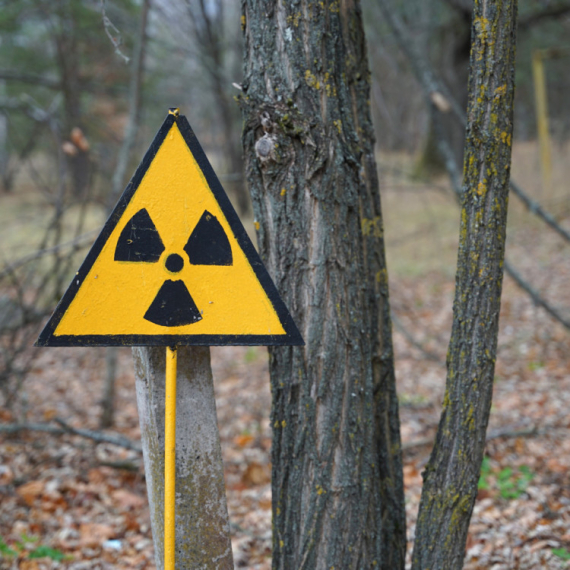
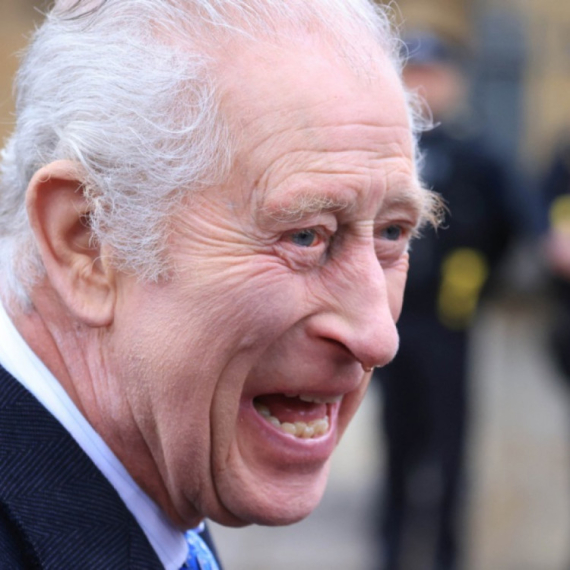
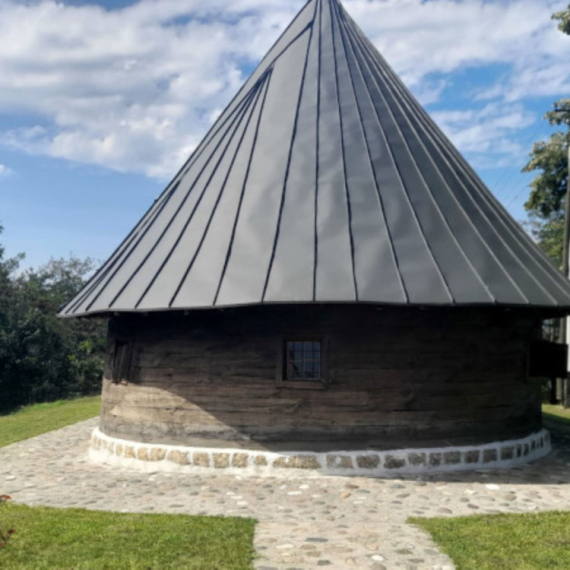






































Komentari 3
Pogledaj komentare